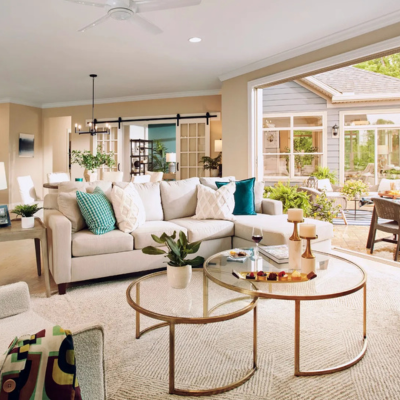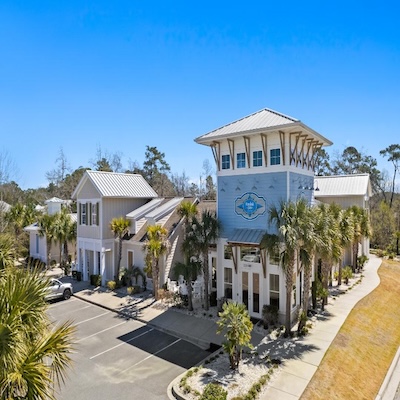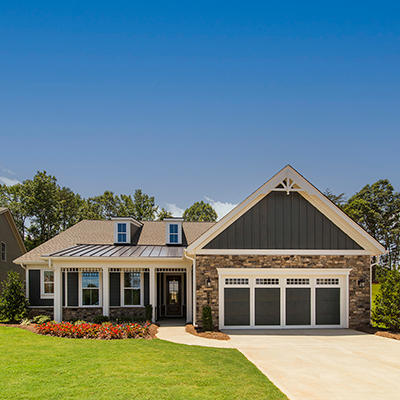Category: Financial and taxes in retirement
January 23, 2013 -- There is no polite way to say this, so we will just be blunt - America's baby boomers have a frighteningly poor command of the facts on when to start claiming Social Security. We not only aren't acquainted with the facts, but we also have some wide-ranging misconceptions. That's the conclusion of most experts we talk with, as well as a steady beat of newspaper and web articles. The latest came in today from WSJMarketWatch, "Most Fail to Maximize Social Security Benefits".
Your editor regularly experiences this lack of knowledge on a first hand basis - even among college educated, highly successful, and otherwise financially savvy folks. To help overcome the knowledge gap, this article will cover the 7 major myths that
more...
Published on January 23, 2013
Comments 38
Category: Financial and taxes in retirement
January 8, 2013 -- By now you have probably heard the projections that Social Security will have exhausted the trust funds it built up for future payments by 2033. Unless something is done before then, starting that year payments coming in will only be able to fund about 75% of promised benefits. The New York Times just reported a new study by researchers at Harvard and Dartmouth, "Social Security: It's Worse Than You Think", that shows that the government is underestimating how long Americans will live and how much Social Security will need to pay out - which makes things even worse than
more...
Published on January 8, 2013
Comments 34
Category: Financial and taxes in retirement
December 19, 2012 -- Legislation coming out of Congress in the next few weeks is likely to affect all Americans. Most of our federal tax rates will either stay the same, or we will fall off the fiscal cliff and rates will go up. As both parties state and restate their positions, there have been some new proposals that could potentially affect both social security and Medicare, both popular programs for baby boomers. Also in the news - cars that make driving easier for aging baby boomers.
Medicare
The latest proposal being discussed to help keep Medicare solvent is to raise
more...
Published on December 18, 2012
Comments 49
Category: Financial and taxes in retirement
December 18, 2012 -- Long term care insurance is one of the more difficult products in the insurance world. Unlike most insurance products, the decision to buy it or not is not clear cut. While it's easy to see why you need insurance on your car, home, or health - justifying long term care insurance is a a bit tricky. According to some reports, only 10% of people over age 60 have long term care insurance.
The market has not been kind to providers of long term care insurance. Some, including Prudential and MetLife, have stopped selling new policies in recent years, while others have had to ask for rate increases of over 40%. Life insurers sell some "flexible" life policies that provide a cash benefit before death as a kind of long term care hybrid. Recently we've seen some helpful articles on long term care insurance (see end of article). Here is a brief primer; we recommend the references to get a fuller understanding.
Long term care insurance provides
more...
Published on December 18, 2012
Comments 35
Category: Financial and taxes in retirement
December 8, 2012 -- Researchers at DePaul University and the Rush University Medical Center think they have found the underlying reason for an alarming rise in fraud committed against our rapidly aging baby boom generation. The explanation often arises from “that combination of not knowing but thinking you know", according to Keith Gamble, an assistant finance professor in DePaul’s Driehaus College of Business. In other words, overestimating what you think
more...
Published on December 8, 2012
Comments 3
Category: Financial and taxes in retirement
December 4, 2012 - You've probably seen the ads for reverse mortgages- "Use the cash in your home to solve your retirement money problems". They sound simple enough - instead of you sending money each month to your mortage company, they send you a check! At the end of a specified period, after you either sell your home or have joined the big Kahuna in the sky, the payments are finished and the mortgage company gets paid back.
Unfortunately, as the New York Times recently reported in "Reverse Mortgages Costing Some Seniors Their Homes", it's not always that simple. Most companies offering reverse mortgages are legitimate and trustworthy, but as smaller companies with questionable ethics enter the market, there is also a lot of high pressure salesmanship and hype. The combination often results in unwary and poorly qualified
more...
Published on December 3, 2012
Comments 9
Category: Financial and taxes in retirement
Nov 20, 2012 -- New research suggests that the traditional rule of thumb for how much you can safely take out of your retirement funds, 4% per year, is not the ideal tool for the job. Originally popularized by Bill Bengen in 1994, it was at least partially based on the assumption that traditional stocks and other investments would return 6% or more over the long haul. As reported by Robert Powell at WSJ MarketWatch in "Retirement Income: What's Wrong with the 4% Rule" and the Center for Retirement Research in "Can Retirees Base Wealth Withdrawals on the IRS’ Required Minimum Distributions?", several exciting new theories challenge
more...
Published on November 20, 2012
Comments 10
Category: Financial and taxes in retirement
November 14, 2012 -- As we baby boomers age there is a good chance that we might inherit an IRA from a parent, spouse, or sibling. Likewise your spouse and/or heirs will probably inherit yours when you go to the pearly gates. The rules governing inherited IRAs can be complicated, so it is important that you understand the basics that apply so you can make the best decisions. Here are the major issues to consider.
Transferring inherited IRA assets
If you inherit a traditional or Roth IRA from someone who isn't your spouse, your options are fairly limited. You can't roll the proceeds over to your own IRA, treat the IRA as your own, or make any additional contributions to the IRA. What you can do is transfer the assets to a different IRA provider, as long as the registration of the account continues to
more...
Published on November 14, 2012
Comments 2
Category: Financial and taxes in retirement
September 25, 2012 -- The overwhelming majority of baby boomers are going to face a painful budget squeeze as their retirements start to become a reality. Used to the high life as many of us are, it will be a very big challenge to support that lifestyle without the income stream we are accustomed to.
This article was an idea from Linda, a member who asked us to try to get ideas from our members on different ways of raising cash in retirement. We've listed some ideas we've seen, including some nutty ones from a recent Wall Street Journal article. But we are really hoping that you, our members, will share what you are doing to bring in extra cash to support your retirement. Please add your ideas to the Comments section below, whether they are tried and true or just a wild idea that you think might work.
Best Ideas for Making Enough Money to Survive Your Retirement
1. Turn what you love to do into a business. So you like to make
more...
Published on September 25, 2012
Comments 10
Category: Financial and taxes in retirement
Sep 19, 2012
Note: This was originally sent in by Doug, a member, as a comment with an alternative approach to retirement, specifically in reaction to Betty Fitterman's article, "Retiring on a Dime". We publish here because it has some interesting and common sense ideas, and appreciate Doug sharing them with us.
Hopefully my example will help others prepare for their retirement. Deciding when to retire is the key. In my opinion you should retire when you realize you've acquired enough assets and possessions to maintain the standard of living you want to live. I "semi" retired at the age of 43. My original plan was age 50 but circumstances led me to retire early. Six years later I don't foresee outliving my money at any point because I not only planned
more...
Published on September 19, 2012
Comments 19





